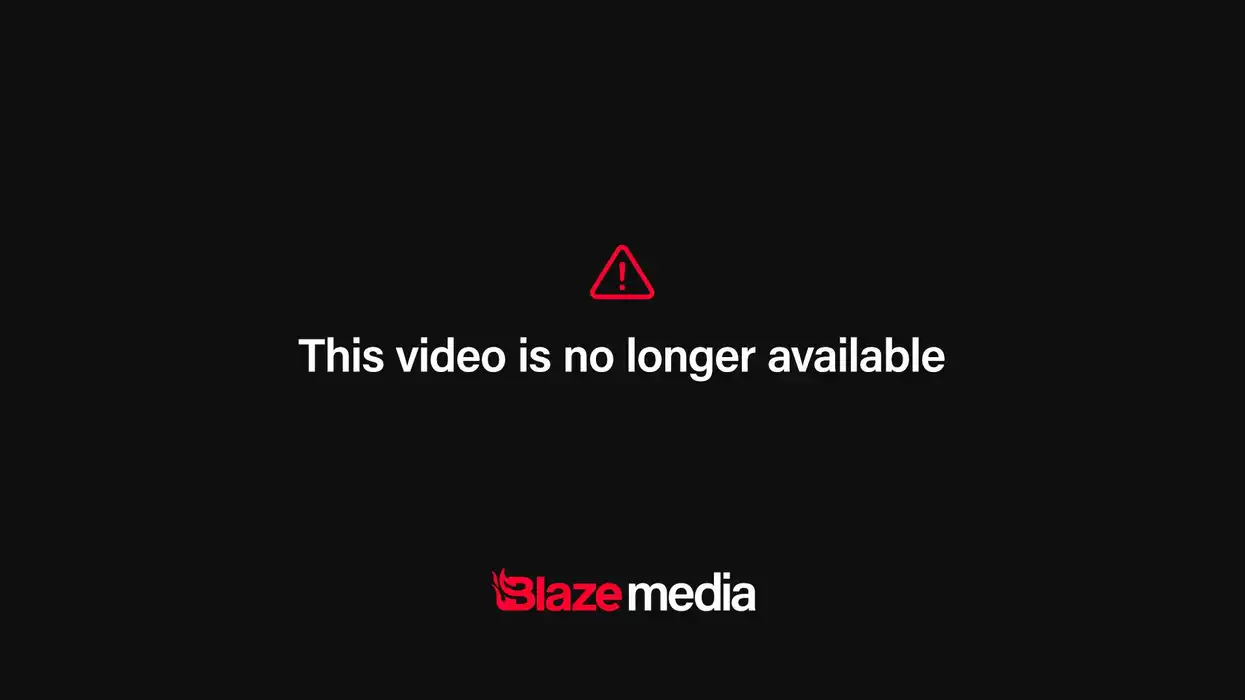
© 2026 Blaze Media LLC. All rights reserved.
Glenn Beck: Here's why government regulation is NOT the cure for liberal media bias
September 18, 2018
After a PJ Media article reported that 96 percent of Google search results for the word “Trump” were from liberal news sites, President Donald Trump said in a tweet, "Google & others are suppressing voices of conservatives," adding that the situation would "be addressed."
....results on “Trump News” are from National Left-Wing Media, very dangerous. Google & others are suppressing voices of Conservatives and hiding information and news that is good. They are controlling what we can & cannot see. This is a very serious situation-will be addressed!
— Donald J. Trump (@realDonaldTrump) August 28, 2018
If the president's idea of "addressing" liberal bias in the media or Silicon Valley involves government intervention or regulation, we should all be alarmed, regardless of which side of the political spectrum we claim.
“I want you to understand that I am as concerned about the silencing of voices on the left as on the right. This is America. We do not silence voices,” Glenn Beck said on his show Monday.
He referenced the Fairness Doctrine, a form of media censorship regulated by the Federal Communications Commission. In 1949, the FCC introduced the Fairness Doctrine, which regulated television and radio stations holding FCC-issued broadcast licenses.
The doctrine mandated that political commentary or reporting had to be “balanced” by: a) devoting some of their programming to controversial issues of public importance, and b) allowing the airing of opposing views on those issues.
Newspapers were not censored by the Fairness Doctrine, and took a perceptible turn toward the left in the 1960s, said Glenn.
“That brings us to the Reagan administration,” he continued. “Reagan … abolished the Fairness Doctrine in 1987 and it did two things. It freed up the big three networks to push further to the left and gave birth to the rise of conservative talk radio.”
Glenn suggested that without this move by Reagan, he might never have become a conservative radio personalities and would "probably be working at 7-11, but defiantly not working in radio or TV.”
Critics of abolishing the Fairness Doctrine claimed that its purpose was to be unbiased. But politicians had quickly learned to use the doctrine to attack news stations that criticized their agenda.
Glenn shared a very telling quote from Bill Ruder, an assistant secretary of commerce under John F. Kennedy: “Our massive strategy was to use the Fairness Doctrine to challenge and harass right-wing broadcasters, and hope that the challenges would be so costly to them that they would be inhibited and decide it was too costly to continue.”
“If there was ever a greater ‘exhibit A’ for why we should never allow the federal government to regulate companies like Facebook, Google or Twitter,” Glenn said in reference to the Ruder’s quote. “His words should be plastered on billboards all over the county for every time the topic of media regulation — social or classic — comes up for any kind of discussion or vote.”
Watch the video clip above to learn more about the Fairness Act and how its example clearly demonstrates that government regulation is not the cure for media bias.
To see the full episode visit Glenn’s channel on TheBlaze or watch full episodes of “Glenn” live weekdays 5–6 p.m. ET or anytime on-demand at TheBlaze TV.
Not a subscriber? Sign up for a FREE trial here.
Want more Glenn? Check him out on Facebook, Twitter, and YouTube.
Want to leave a tip?
We answer to you. Help keep our content free of advertisers and big tech censorship by leaving a tip today.
Want to join the conversation?
Already a subscriber?
News, opinion, and entertainment for people who love the American way of life.
BlazeTV
BlazeTV Staff
News, opinion, and entertainment for people who love the American way of life.
@BlazeTV →more stories
Sign up for the Blaze newsletter
By signing up, you agree to our Privacy Policy and Terms of Use, and agree to receive content that may sometimes include advertisements. You may opt out at any time.
Related Content
© 2026 Blaze Media LLC. All rights reserved.
Get the stories that matter most delivered directly to your inbox.
By signing up, you agree to our Privacy Policy and Terms of Use, and agree to receive content that may sometimes include advertisements. You may opt out at any time.







